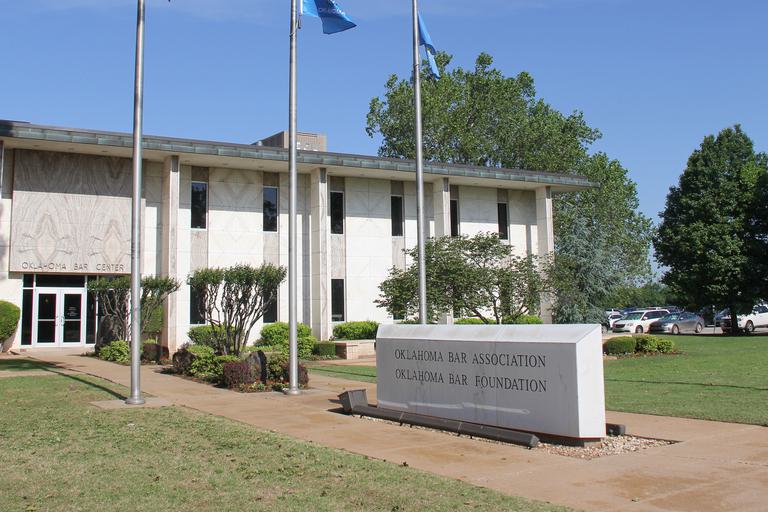
Law & Principles
Mike Brake | May 16, 2019
Tulsa attorney files landmark suit against Oklahoma Bar Association
Mike Brake
A Tulsa attorney, with the backing of free-speech advocates at the Goldwater Institute, has filed a landmark lawsuit against the Oklahoma Bar Association in an effort to break the OBA’s historic monopoly on licensing and collecting dues from members of the legal profession.
Schell v. Williams pits attorney Mark Schell against John Williams, OBA executive secretary, in a bid to stop the OBA from collecting mandatory dues and fees from lawyers.
“This civil rights lawsuit seeks to protect the First and Fourteenth Amendment rights of Oklahoma attorneys who have been forced to join the Oklahoma Bar Association and to subsidize political and ideological speech by the OBA that they do not wish to support,” the suit says.
It also cites the 2018 U. S. Supreme Court decision in Janus v. AFSCME, which said that Illinois resident Mark Janus would no longer have to pay dues or fees to the labor union representing him as a government employee because the union engaged in political speech with which he disagreed.
The Goldwater Institute is a major player in free-speech litigation nationwide, fighting against forced union dues and combating campus speech codes and other First Amendment limitations. According to their summary of the Schell case, Oklahoma is one of 32 states where membership in and paying dues to a state bar organization is mandatory to practice law. The 18 remaining states have no such restrictive provisions; they license and regulate their legal professions without relying on bar associations.
The OBA has long been a quasi-governmental agency with ultimate power over licensing lawyers, recommending candidates for judicial appointments, and other actions that for most other professions are the province of state or federal governments.
According to a study by the 1889 Institute, the OBA has violated the basic doctrine of separation of powers by usurping for itself regulatory and licensing authority that should be exercised by the legislative and executive branches. Because the OBA is an arm of the Oklahoma Supreme Court, the 1889 Institute argues that has made the legal profession effectively self-regulating, which is unique among all other professions.
The lawsuit primarily focuses on free speech and freedom of association issues.
Schell’s lawsuit cites a number of instances where the OBA, using the dues and fees he was required to pay, has lobbied for or against legislation at the State Capitol or put forth opinions on state or national issues in its various publications. The OBA has opposed past tort-reform measures, criticized the state oil and gas industry, and taken other positions which Schell indicated in his suit he did not support and should not be forced to underwrite with his dues.
Attorney and legal reform advocate A. J. Ferate said the Oklahoma case will be closely watched by reform-minded people in other states, noting that it could be a precedent-setting effort to combat what he likened to a “medieval guild system.”
Ferate said he expects the case to go all the way to the U. S. Supreme Court, which would give Oklahoma an opportunity to play a central role in a major case comparable to the Janus decision.
“That was a very important benchmark and this could be too,” he said.
Charles Chestnut of Miami, OBA president, said “I understand that a complaint was filed in federal court naming the executive director of the OBA as defendant. I believe that he and his counsel are looking into the matter and are currently reviewing the complaint.”
Given the opportunity to elaborate on the OBA position, Chestnut added, “That is my comment.”
Mike Brake
Independent Journalist
Mike Brake is a journalist and writer who recently authored a centennial history of Putnam City Schools. A former reporter at The Oklahoman (his coverage of the moon landing earned a front-page byline on July 21, 1969), he served as chief writer for Gov. Frank Keating and for Lt. Gov. and Congresswoman Mary Fallin. He has also served as an adjunct instructor at OSU-OKC, and currently serves as public information officer for Oklahoma County Commissioner Brian Maughan.